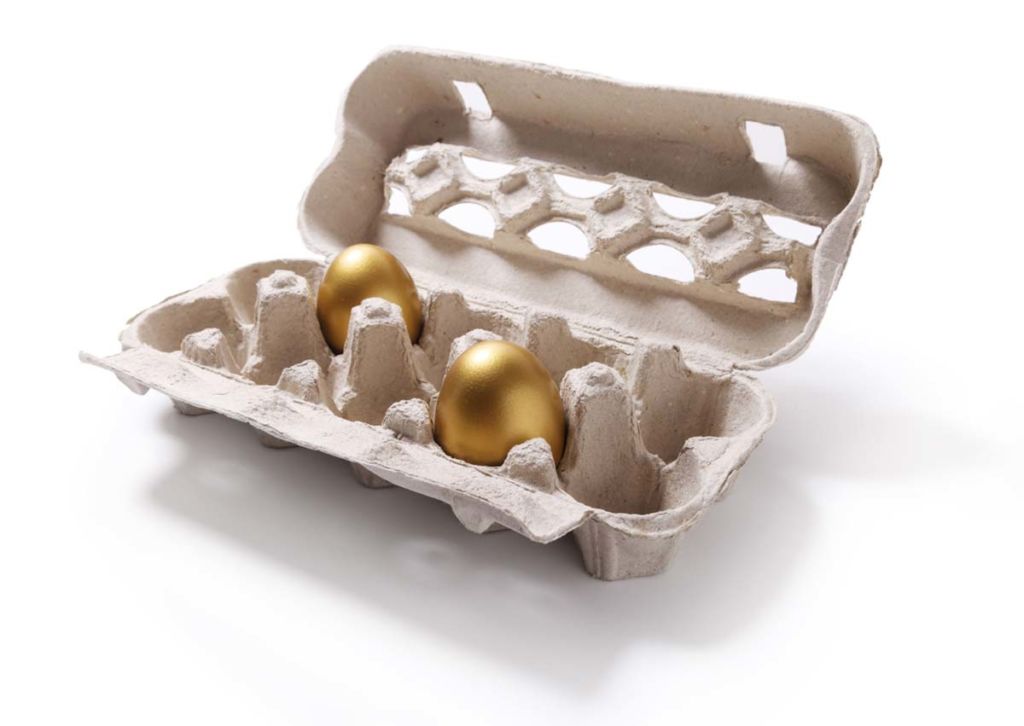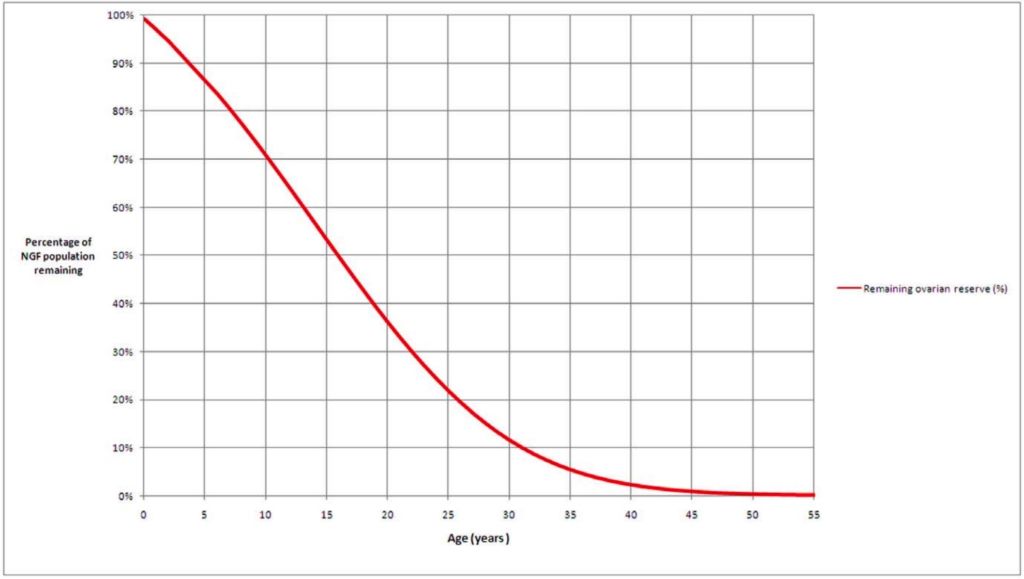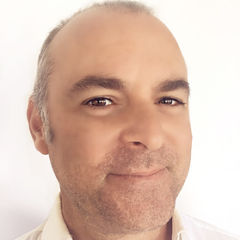for you and your eggs

Please click any link on the page to take you to the scientific articles expanding on the points made.
Diminished Ovarian Reserve or D.O.R. is an often misunderstood and misused term in medicine. For years scientists and researchers have published papers, crying out for the proper use of Diminished Ovarian Reserve and other terms relating to it. To date, nothing has changed. Confusion reigns for both patients and doctors, while scientists call for clarity.
There are several reasons why a woman can be told she has Diminished Ovarian Reserve, however, most women take this diagnosis to mean they are running out of eggs. This article will explain what D.O.R. means to you, your ovaries, eggs, and fertility.
Women confuse Diminished Ovarian Reserve as meaning they are running out of eggs. Depending on who is using the term, it means different things.
Diminished Ovarian Reserve is used under these circumstances.
- You have had a transvaginal ultrasound and less than 10 or so eggs are seen growing in each ovary. 15 – 20 eggs in each ovary is normal. Diminished Ovarian Reserve is the most used diagnosis.
- You have done a stimulated IVF cycle and doctors have harvested fewer eggs than expected. 5 eggs or less will earn you the D.O.R. title. Poor Ovarian Responder or P.O.R. is another term for in this situation (and we will talk later on this point).
- You have had a blood test and your Anti-Mullerian Hormone levels are below normal. Women with low AMH levels grow fewer eggs than normal, earning the diagnosis of Diminished Ovarian Reserve.
Diminished Ovarian Reserve in the preceding contexts really means Diminished Ovarian Function. You are not running out of eggs, just the ability to grow them as expected.
Producing fewer eggs than expected during an IVF cycle gets two labels.
- Poor Ovarian Responder (P.O.R.) – meaning your ovaries responded poorly to the IVF drugs. This term is accurate.
- Diminished Ovarian Reserve (D.O.R.) – you don’t have as many eggs as the doctors hoped to fertilize and freeze. The Reserve of Ovarian eggs harvested is Diminished (less than expected). This explanation is loose but brings concept and reality as close as can be.
The belief that “Diminished Ovarian Reserve” means you are running out of eggs is entirely wrong.
The real diminished ovarian reserve.
When you are born you have about 400000 eggs in your ovaries. These eggs are called Primordial (before the beginning) eggs. When the menstrual cycle starts, you will grow at most 20 eggs in each ovary per month. Over 33 to 37 years of fertility your ovaries will grow about 16000 eggs. Yet by the time you become a 45-year-old woman, having 5000 – 10000 primordial eggs left is normal. There is nothing diminished about those numbers! The only thing that truly diminishes the primordial egg reserve before its time is Premature Ovarian Failure.
Your egg reserves decline naturally every year. Reserves decline much faster than your ovaries will grow or ovulate them.
Growing older diminishes ovarian reserve. Decreasing levels of Anti-Mullerian hormones (AMH) over time are responsible for fewer and fewer eggs able grown by the ovaries. Becoming older doesn’t mean you are down to your very last eggs, it means it is harder for your body to produce the normal amount of eggs. AMH is the hormone to blame for this natural decline.
The idea you are down to your last few eggs, is confused with the reality that you are actually growing fewer eggs, not running out.
WHAT DOES AMH HAVE TO DO WITH LOW OR DIMINISHED OVARIAN RESERVE THEN?
Women can be mistakenly told they have Diminished Ovarian Reserve when their blood test shows lower than expected levels of AMH. Anti-Mullerian Hormone has everything to do with how many, and how well your eggs grow. AMH certainly does not have to do with how many eggs you currently have, or how many you have left, only what you grow.
Low AMH can be referred to as low folliculogenesis. The word folliculogenesis means Follicle (folliculo) + Growth (genesis) – the growth of your follicles.
WHAT YOU NEED TO KNOW
- Diminished Ovarian Reserve is linked but not causative with poor egg quality in women.
- Your AMH score is a reflection of your Ovarian Function, and loosely related to your Ovarian Reserve.
- The lower the AMH score is the harder it is for a woman’s eggs to be fertilized.
- Low Ovarian Reserve and low AMH levels are linked to Egg Quality and the ability for an egg to be fertilized.
Conclusion
You now have enough information to decipher what your doctor means when he says you have Diminished Ovarian Reserve. Depending on an AMH test, an IVF cycle, or an ultrasound, you now know what is really going on in your ovaries now. Hopefully, in years to come, the scientific and medical community agree on the use of the terms discussed. Here is a quick recap.
- Diminished Ovarian Reserve: a naturally occurring process as women age.
- Poor Ovarian Responder: less than 5 eggs harvested at the time of egg pick-up in an IVF cycle.
- Diminished Ovarian Function: Ovaries not growing the number and quality of eggs that they would normally.
- Low AMH: the underlying cause of Diminished Ovarian Function.
Read this Fertility Guide about this must-know problem of IVF and Diminished Ovarian Reserve.


Today a patient of mine brought in her AMH test results…her results were tested again after just three months of taking the Ultimate Fertility Combination formulas. I put her on the formulas at the end of May after a failed IVF cycle. AMH levels went from 0.96 (the previous test was in 2017) to 2.65 after just three months of taking the herbs. She is 38 years old, last year her levels dropped from 2.4 down to 0.96 in about seven months, and now she is back up and past where she was before. Thanks again for the great products.
Dr. Scott Martin has a masters degree in Chinese Medicine and Acupuncture and leads the team for Advanced Fertility Solutions formulas. He is also available for consultations to the public who wish to know more about the products and how they can help.

